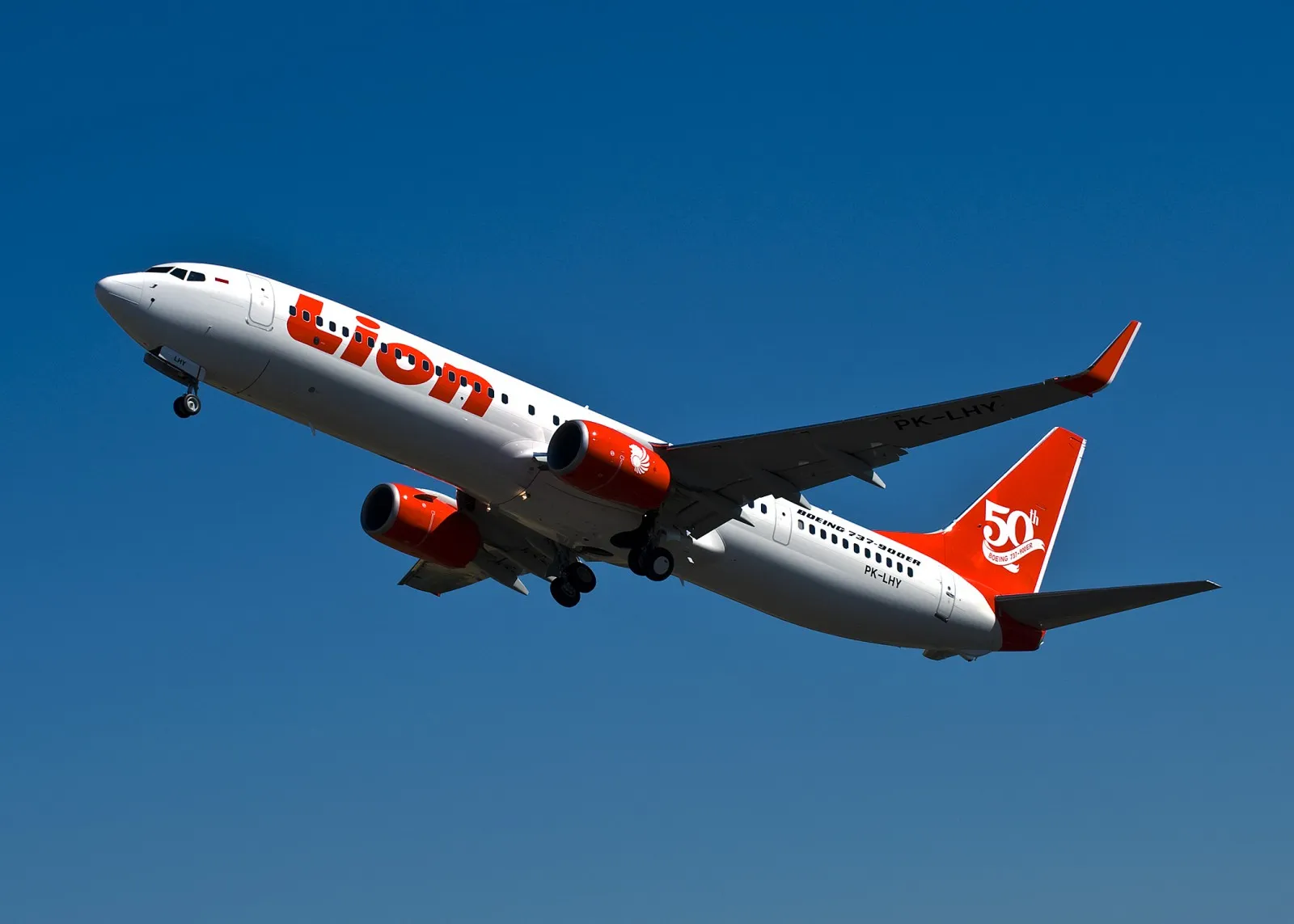
Boeing issues operational update to 737 operators after Lion Air crash
Nov 07, 2018

Following the tragic crash of Lion Air Flight 610, Boeing issued an operational update to all 737 operators to address safety concerns. The update emphasized the importance of adhering to existing procedures and highlighted the necessity of pilot training regarding the aircraft's Maneuvering Characteristics Augmentation System (MCAS). Boeing reassured operators that the company is working closely with regulatory authorities and providing ongoing support to ensure the safety of the 737 fleet. The communication aimed to reinforce operational protocols and instill confidence in the aircraft's safety measures in light of the recent incident.
The tragic crash of Lion Air Flight JT610 has raised significant concerns regarding the operational safety of the Boeing 737, prompting Boeing to issue an operational update to all 737 operators. This incident, which occurred on October 29, 2018, underscores the need for rigorous safety protocols and transparent communication between manufacturers and airline operators. In this article, we will explore the key aspects of Boeing's operational update, its implications for the aviation industry, and the steps being taken to ensure the safety of passengers.
Boeing’s Response to the Lion Air Crash
Following the Lion Air crash, Boeing quickly moved to address the concerns raised by operators regarding the 737 MAX series. The operational update was designed to provide crucial information about the aircraft's systems and to enhance the safety of the operations. Boeing emphasized the importance of pilot training and adherence to operational procedures, which are vital in ensuring the safe operation of the 737 fleet.
Key Highlights from the Operational Update
The operational update included several critical points aimed at improving safety measures for all 737 operators. Here are some of the noteworthy highlights:
| Update Component | Description |
|---|---|
| Enhanced Training Requirements | Boeing recommended additional training for pilots, focusing on the aircraft's Maneuvering Characteristics Augmentation System (MCAS) functionality. |
| Flight Manual Amendments | Operators were advised to update their flight manuals to include new procedures for handling potential MCAS-related anomalies. |
| Maintenance Protocols | New maintenance checklists were introduced to ensure thorough inspections of the aircraft's systems before each flight. |
| Data Monitoring Enhancements | Boeing recommended the implementation of advanced data monitoring tools to track the performance of the aircraft in real-time. |
Importance of Pilot Training
One of the most significant elements of Boeing's operational update is the accentuation of pilot training. The MCAS system, which plays a crucial role in the aircraft's handling characteristics, requires pilots to be adept in understanding its function and potential failure modes. Boeing's update stresses that operators must ensure their flight crews are thoroughly trained on these systems, which is essential for mitigating risks during flight operations.
Impact on Global 737 Operators
The Lion Air crash has had a ripple effect on global 737 operators, leading to a re-evaluation of safety measures across the industry. Airlines are closely examining their training programs and operational protocols in light of Boeing's recommendations. The operational update serves not only as a guide for compliance but also as a reminder of the shared responsibility between manufacturers and operators in ensuring passenger safety.
Regulatory Response and Industry Standards
The crash prompted regulatory bodies around the world, such as the Federal Aviation Administration (FAA) and the European Union Aviation Safety Agency (EASA), to scrutinize Boeing's practices and the 737 MAX's certification process. This incident has sparked discussions on the need for stricter oversight and updated industry standards to prevent future tragedies.
Looking Ahead: Safety First
Boeing's operational update is a crucial step in restoring confidence in the 737 fleet and ensuring the safety of passengers. The aviation industry is continuously evolving, and the lessons learned from the Lion Air crash will help shape future safety protocols. Operators must remain vigilant in implementing Boeing's recommendations and fostering a culture of safety within their organizations.
The Role of Technology in Aviation Safety
As technology continues to advance, it plays an increasingly vital role in enhancing aviation safety. Boeing's emphasis on data monitoring and real-time analytics represents a shift towards a more proactive approach in addressing potential safety issues. Airlines that invest in these technologies will likely see improved operational efficiency and safety outcomes.
Conclusion
The Lion Air crash serves as a somber reminder of the importance of safety in aviation. Boeing's operational update to 737 operators is a significant step towards addressing the concerns raised by this tragedy. By prioritizing pilot training, enhancing maintenance protocols, and adopting advanced monitoring technologies, the aviation industry can work towards preventing such incidents in the future. As operators implement these changes, the focus must remain on ensuring the safety and well-being of passengers around the world.
Related Articles

Explore Thailand: The Best Islands to Visit for Paradise, Adventure, and Relaxation

The Ultimate Guide to the Best Islands in Thailand for Your Next Getaway

Do babies need passports? How to get a passport for a newborn

How to get a U.S. passport fast: here’s how to expedite the process

What is Mobile Passport Control: 5 reasons why you should use it

SENTRI vs. Global Entry: A detailed guide

Do you need a passport to go to the Bahamas? Let’s find out

Do you need a passport to go to Mexico? A detailed guide

Do you need a passport to go to Canada? We got the answer

Do You Need a Passport for a Cruise: An Essential Travel Guide

Booster Seat Requirements: All the Rules to Follow in Your Rental Car

What Are the World’s Most Powerful Passports, and How Does Yours Rank?

How to Take a Passport Photo at Home: A Helpful Guide

You've got to have heart! Southwest's new livery

Your opinion: Should water be free on low cost carriers?

Young women bolder than guys as solo travellers
